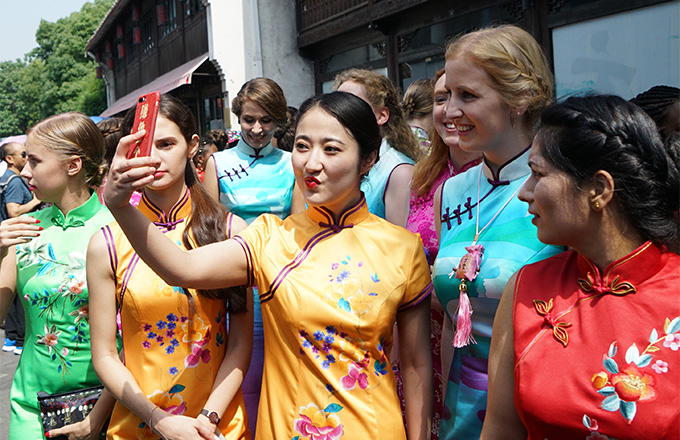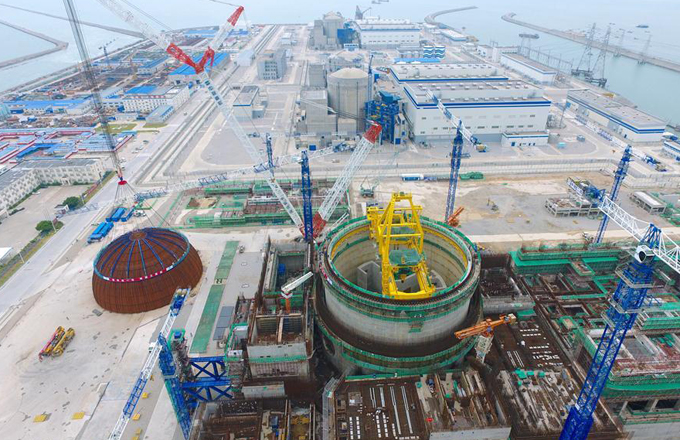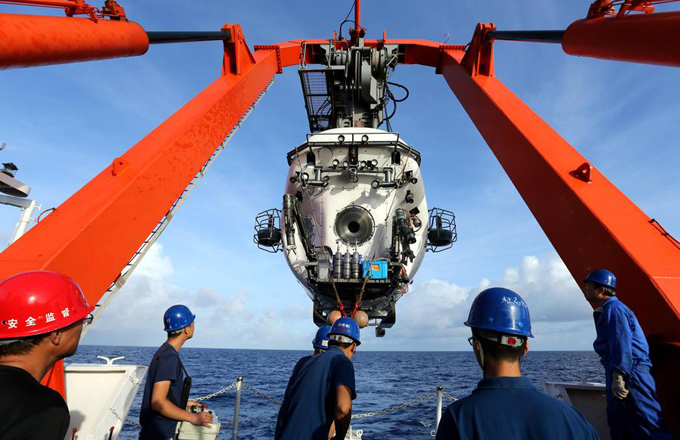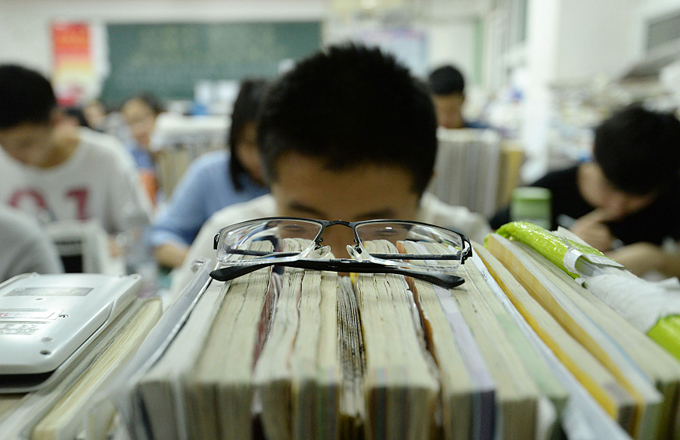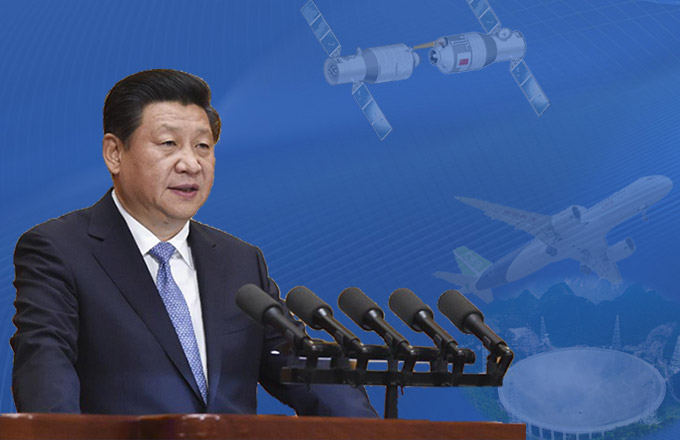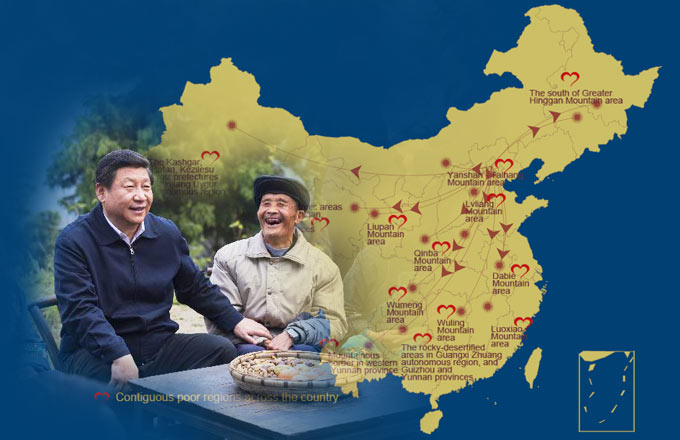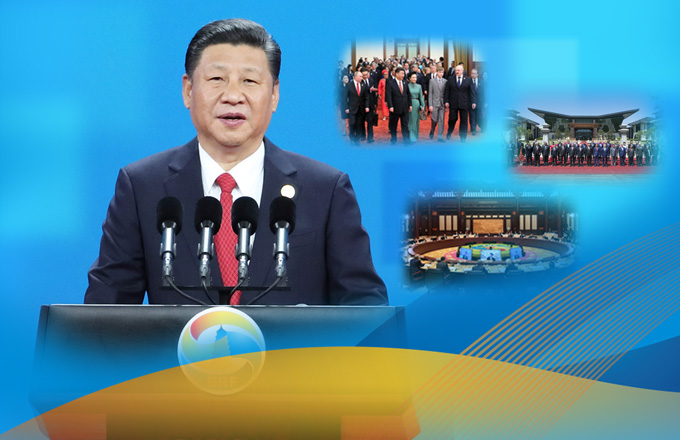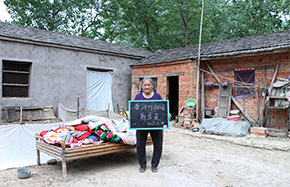Xi: Science key to agriculture prowess
Chinese leaders' remarks on turning China into an agricultural powerhouse through science and innovations have greatly encouraged agricultural professionals and won widespread praise.
China is a big country with a rich and long history of agriculture, and the Chinese Academy of Agricultural Sciences has contributed greatly to the development of the sector, President Xi Jinping said in a letter of congratulations to the academy for its 60th anniversary on Friday.
"The key to modernizing agriculture lies in science and technology progress and innovation," he said.
The academy, China's leading agricultural institution, must adhere to China's needs and actual situation and accelerate innovation to become a world-class institution that can help transform China into an agricultural powerhouse, Xi said.
Premier Li Keqiang also said in a written instruction that the academy should speed up reform in production methods, as well as deepen institutional reforms in agricultural research to foster more scientific achievements and quality talent.
Li also urged scientists to improve Chinese agriculture's global competitiveness and to inject new energy into rural agriculture development to help farmers earn more money.
Agriculture Minister Han Changfu launched the CAAS Young Talent Program during the anniversary event. The program aims to create generations of young, talented and creative agricultural scientists, he said.
"The program not only boosts the academy's innovation capability, but also has great strategic importance in leading and supporting China's overall agricultural development," he said.
In the past six decades, the CAAS has generated more than 6,000 scientific achievements, and it has built the world's second-largest agricultural seed bank and the largest library on agricultural studies in Asia, said Tang Huajun, the academy's president.
From 2006 to 2016, the academy earned more than 2.2 billion yuan ($321 million) in revenue from scientific research alone-double the amount from the previous 10 years, according to the academy's data book.
By the end of last year, the academy had established cooperation with institutions from 83 countries and 38 international organizations, and it participated in more than 1,700 overseas science projects.
China's population will reach its peak by 2030, and it will need to grow about 600 million metric tons of food per year, Tang said.
China's food security is also facing various challenges, from climate change to pollution, but "in the end, science and technology will be the primary solution", he added.
Xie Jinfang, vice-president of the Jiangxi Academy of Agricultural Sciences, said it is encouraging to know that China's top leaders are thinking the same way.
"Both President Xi and Premier Li highlighted the importance of innovation in agriculture in their remarks. This renewed our confidence and pointed out the direction and future goals for us to tackle," he said.
Zhong Mingming, Party chief of the Hainan Academy of Agricultural Sciences, said that to fully implement the instructions from the leaders, more structural reforms and incentives are necessary to unleash the full creative potential of scientists.
Thomas Lumpkin, a US researcher who has worked with the CAAS for more than 40 years, said more emphasis on tackling climate change would be welcome.


